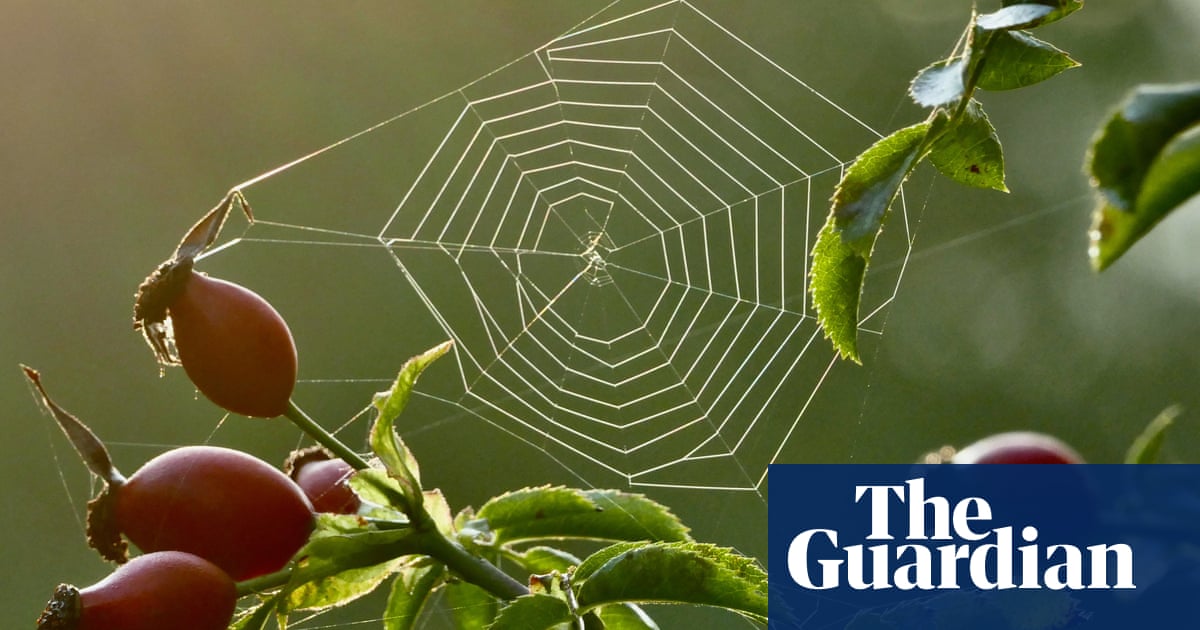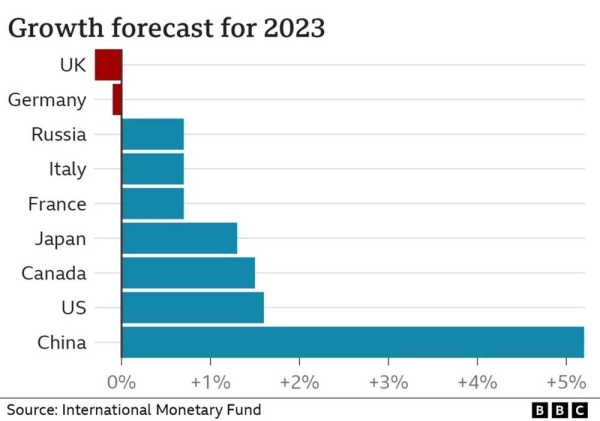
lack lives matter. Those three words – a statement distilled to its purest form – are the best explanation I can give as to why I will take a knee when rugby restarts on Friday night. I am totally aware that the statement has been politicised and I strongly disagree with some of the things the organisation stands for, but there is one reason why pretty much every household has developed a greater understanding and awareness of anti-racism recently: the Black Lives Matter movement.
I also want to clear something up when it comes to taking a knee. There is the obvious association with the political organisation – which has seen some Premiership players reluctant to do it this weekend – and there is the fact that it was popularised by Colin Kaepernick, who has become such a global figure. But as I understand it, the origin of taking a knee was when Martin Luther King did so in 1965 during the civil rights movement. He did so as a peaceful protest and as a moment to say a prayer. I want to acknowledge and honour people like that who have done so much for people like me.
I also want to point out that I don’t expect everyone to know that, because racism is not relatable to a lot of people. That is the fundamental point here – we are trying to make it relatable, to increase awareness and understanding. That’s why I will take a knee, not for any other reason, and that’s why I stand by Black Lives Matter because when you take it in its purest form, the origins of it are what I believe in. Nothing else. After all that’s what the original meaning was before it was hijacked.
My view is pretty clear, but at the same time I can’t think of anything more counterintuitive than coercing rugby players to take a knee before their matches if they are not happy doing so. The people who are speaking up are from a community, or several communities, who felt marginalised. We can’t then go and marginalise people for not taking a knee under the banner of anti-racism. It would be ridiculous.
And it’s not for me to make a judgment on people. We live in a democracy and people must use that liberty and that freedom. The one thing that is really required is a level of respect. If we respect and understand that people are different, all different shapes, sizes, backgrounds – you are inevitably going to get people who think differently. We have to respect all viewpoints, so long as it’s not inciting hate or discriminatory in any way.
I’m trying to create awareness and understanding but me talking about racism doesn’t solve racism. I’m trying to start a conversation in the hope it leads to action. I was having these conversations 10 weeks ago, trying to be proactive, and perhaps rugby has been a little bit slow to acknowledge the significance of it. Perhaps the fact that we are restarting as one of the last sports doesn’t help, but I felt it was important that we have our “day one” before getting on with the season.
This weekend has to be day one of rugby’s fight against racism. Premiership Rugby is a very different type of organisation to the Premier League but right throughout this process rugby has been casting its eye and taking the lead from football. Well, look at football’s long-standing anti-racism campaign. Rugby didn’t have one until this week with Rugby Against Racism but it has been professional for 25 years. Don’t tell me that there has not been any racial problems in that time, don’t tell me there has not been injustice – this goes way back even before the professional era.
There are some uncomfortable truths about our game but it’s hard to progress until people recognise there is a problem. Until you do that you can’t fix it. We need to stop having a debate about whether there is a problem or not – because speak to any black player and they will tell you there is. Anything beyond that is wilful ignorance and we have to be comfortable accepting that and then we can work towards dealing with it.
I have been heavily involved as part of the working group, along with the former sevens international James Bailey and player representatives from each of the clubs. A consistent theme over the past few months has been a tendency for the public debate to revolve around what I would call the symptoms when we should be talking about the illness.
Take Covid as an example, two main symptoms are a high temperature and a persistent cough. If I went to the chemist and got some medicine it might help but it’s ignoring the illness. You have to address the illness. Swing Low, Sweet Chariot is a symptom – I don’t really care about that, I’m not bothered – can we now talk about the illness, about racism?
For me it’s not just about this weekend, it’s about what we do next week and the week after to try and bring about change. It’s what you do consistently. This isn’t just about a moment in time, it’s about our game being better and actively doing the things that it says it wants to do. It says it welcomes everyone – it may welcome everyone but it has not always made everyone feel comfortable.
I love rugby, but I’m really passionate about this because I think it could be better. I’ve had my challenges in rugby – there is not a single player who hasn’t – but some that I have faced I shouldn’t have had to. It’s about trying to combat that. I was talking to a referee about it recently. Teams will prepare for when they go down to 14 men – not because they want to or expect to but if you don’t think about these things you’ll never know how to properly deal with them. That’s what I’m trying to do with anti-racism.












